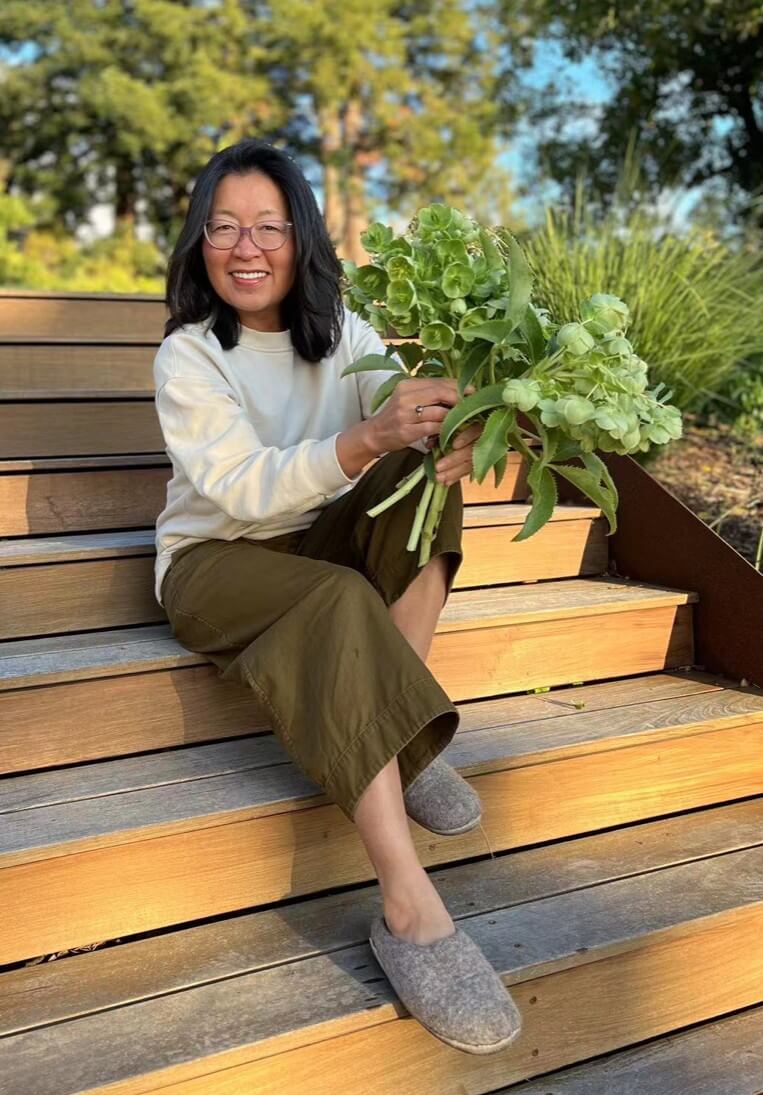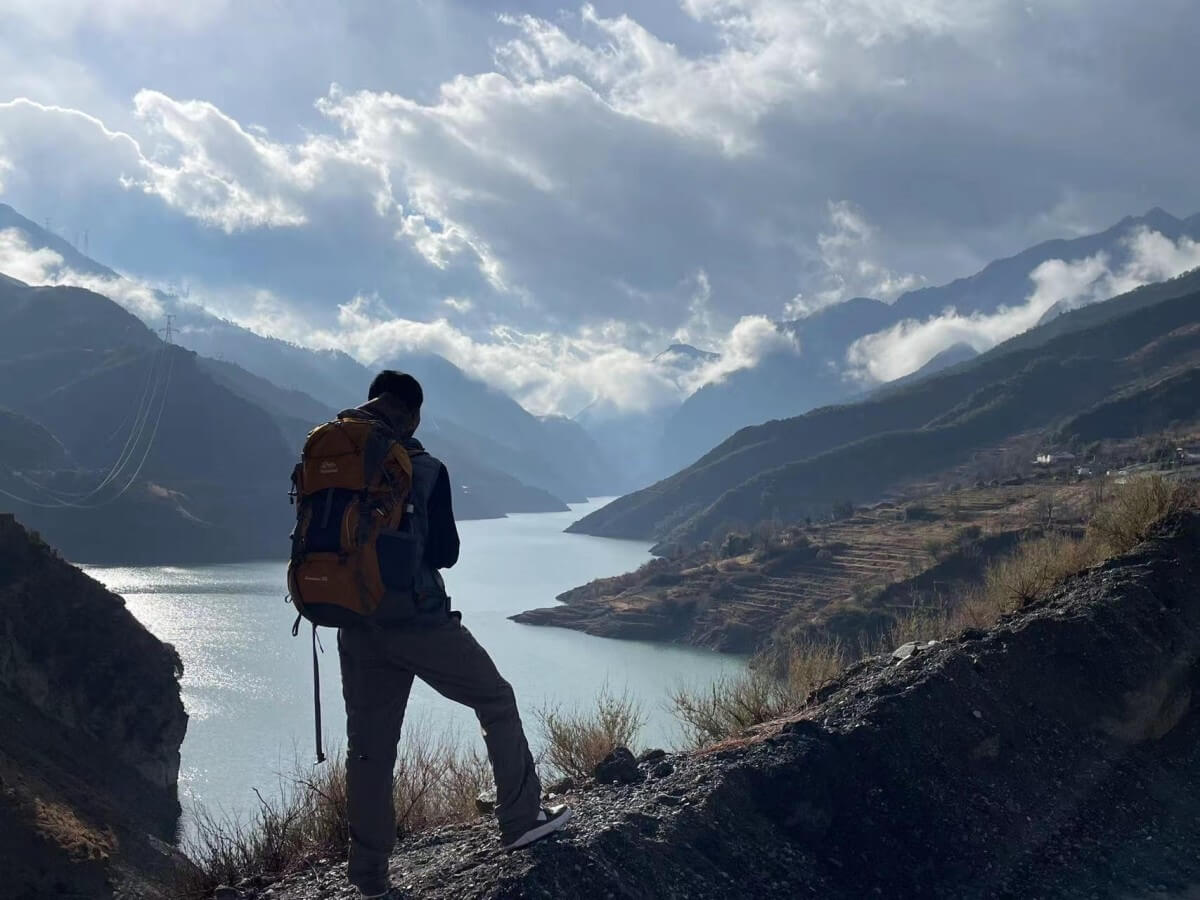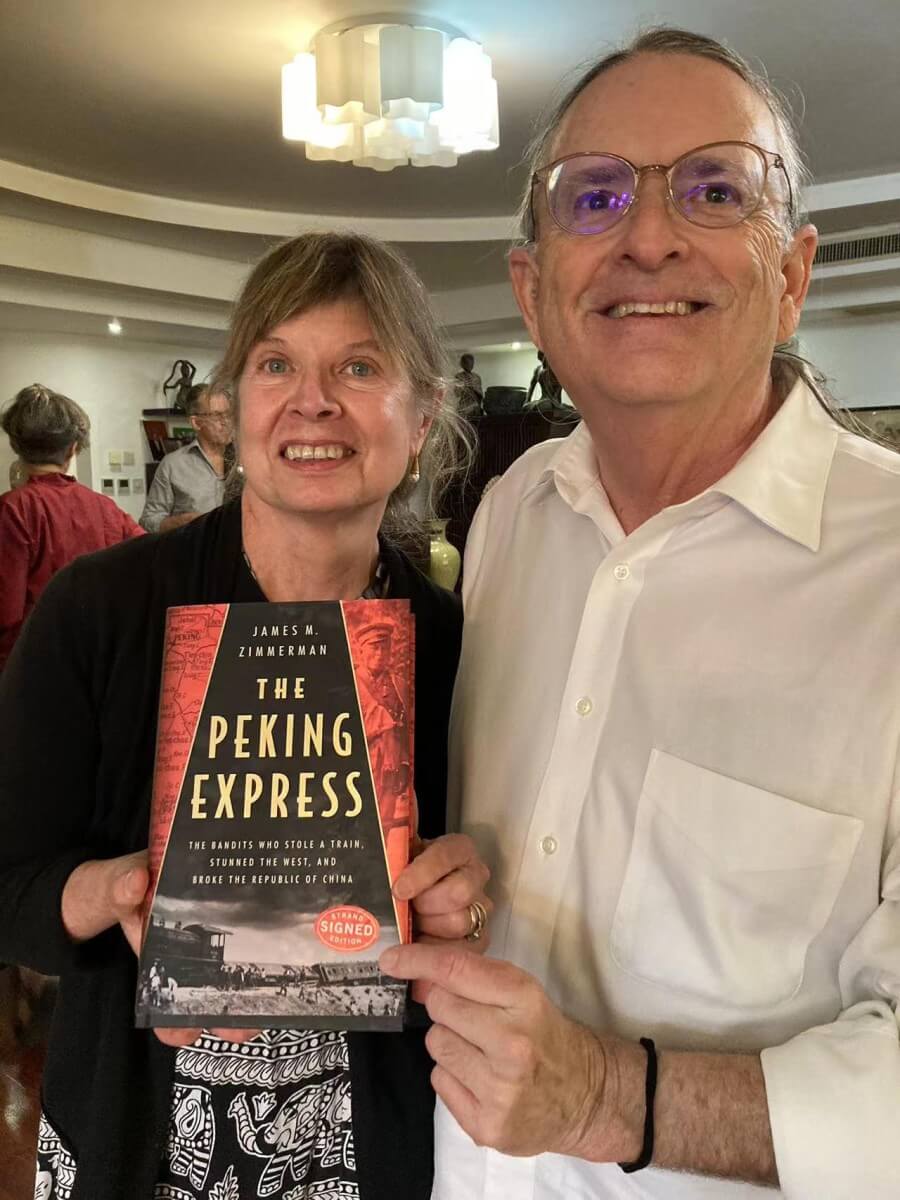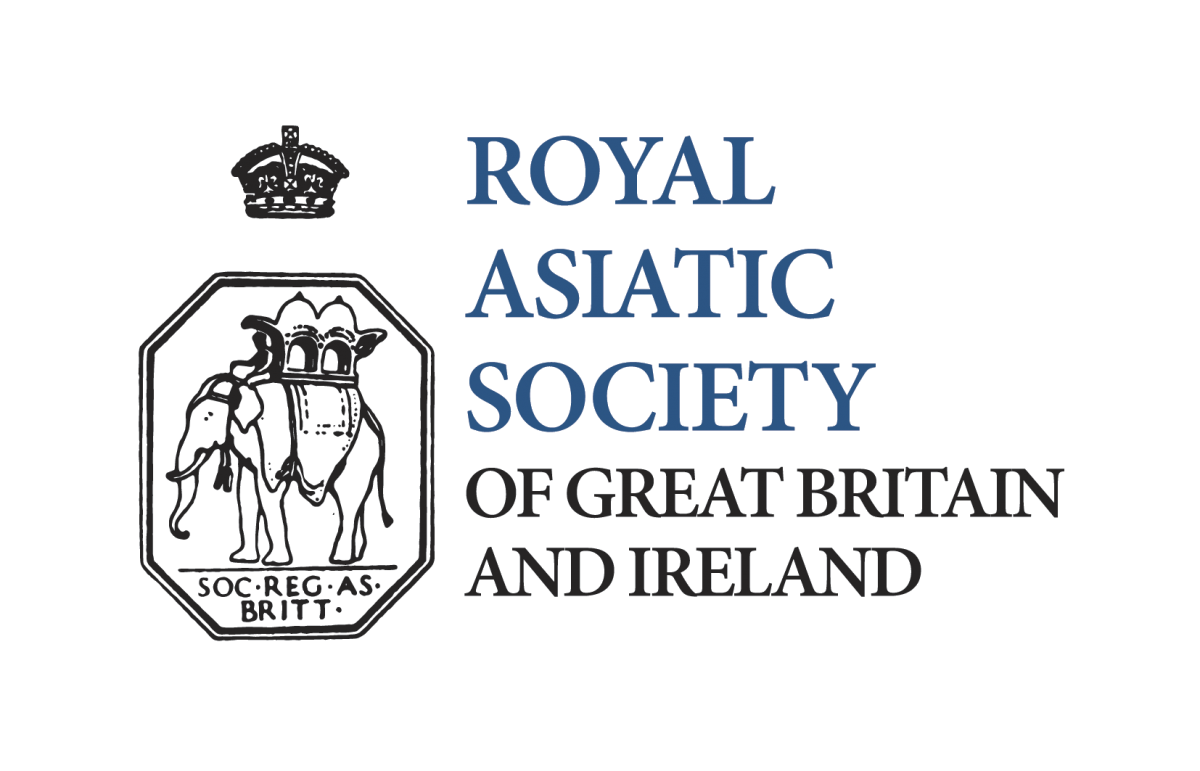Can understanding history and the past help us navigate the present — and the future? by Alan Babington-Smith and Melinda Liu
Our thanks to Melinda Liu and Alan Babington-Smith for this guest post on the RASBJ. You can find out more about RASBJ at their website: rasbj.org
And watch some of their talks on Youtube: @royalasiaticsocietybeijing/videos
Not so long ago, it seemed that technological innovation, especially on the Internet, would make society more equal, more knowledgeable, more global. For a moment, the dramatic growth of online platforms made those of us based in China believe that the Internet would transcend geographic borders and other restrictions that divided East from West.
To be sure, technology rendered more tolerable some of the isolation of the pandemic years. But borders and boundaries have not disappeared. Today the word “decoupling” seems more prevalent than “globalization”. This trend has raised an ongoing discussion within RASBJ: Can the quest to deepen our understanding of history and the past also help us navigate the present — and prepare for the future?
The need to explore these questions seem more important than ever, as the world faces global challenges ranging from climate change to pandemic disease to environmental degradation. It’s clear that technology has been a useful tool, delivering greater speeds, broader reach, higher profile. Yet technology is simply a tool, untied to values. It is by no means an automatic agent of good. Social media has accelerated and amplified communications, but it has also bred false narratives and hate.
As technology advances further with the introduction of artificial intelligence, the double-edged sword of technology may be felt even more sharply. Recently Pony Ma Huateng, who co-founded Tencent which is one of China’s most successful tech companies, warned about the upcoming process of radical change: “The new wave of technology represented by AI may promote human well-being to a new stage but could also inflict huge pain.”
While RASBJ prospered during the pandemic years, it’s impossible to predict the nature of the “new normal” after COVID-19, especially for a China-based expat-led entity with English as its working language. To mark its tenth anniversary in 2023, the RASBJ Council is unveiling an initiative to benefit the public good, adding a new dimension to its activities and sharing some of the benefits of its recent growth.
In some ways, RASBJ owes its existence to tech and management innovations. In 2013, as we prepared to launch RASBJ, a professional “facilitator” in leadership management training was contracted to conduct a brainstorming exercise involving several dozen representatives from Beijing’s academic, diplomatic, cultural heritage preservation, corporate, artistic, thinktank, NGO and media worlds. This helped define RASBJ’s objectives, structure, requirements and challenges – and enabled it to anticipate nearly every hurdle that RASBJ subsequently encountered.
The one thing nobody predicted, however, was the emergence of COVID-19 in early January 2020. RASBJ experienced several shell-shocked weeks, with key members stranded outside of China or locked down inside their homes in China. Beijing’s cancellation of many expats’ visas, plus the adoption of draconian travel restrictions (including mandatory two-week quarantines for incoming travelers) helped persuade RASBJ in February 2020 to launch all events online, instead of waiting passively for the pandemic to pass.
For nearly three years, most RASBJ activities took place online. The silver lining in this grey cloud was the fact that many top-class Sinologists and popular authors were also stuck at home large chunks of this period. RASBJ recruited them to speak to its members, and introduced many to Zoom for the first time. We also established connections with likeminded entities and shared access to RASBJ events. We launched a YouTube channel, and began posting on Instagram, X (formerly Twitter) and especially Wechat, the multi-faceted social media platform used extensively in China. Compared to 2019, membership tripled.
2023 kicked off with a good example of how reaching beyond borders has been hugely rewarding. We were honored to be invited by RAS in London to take part in its two-week Bicentennial trip to Rajasthan, following in the footsteps of Col. James Tod, who was the Society’s first Librarian. It was a unique and fascinating intellectual journey, and also an introduction to likeminded colleagues from halfway around the world. We equally were thrilled give a talk to RAS during a July trip to London. These experiences, taking place during the Bicentennial of the RAS, brought home a deep appreciation for the rich Royal Asiatic Society legacy that continues to inspire its farflung network across the globe.
A number of this year’s RASBJ activities helped us reflect on the past decade. With hopes of reaching more members of younger generations RASBJ helped design and implement an excursion for Girl Scouts to explore the European-designed maze in Beijing’s Old Summer Palace. In May, British nature conservationist Terry Townshend led a Beijing birding expedition in which a number of members’ children enthusiastically took part. A portion of the event proceeds were donated to Shanshui, a Chinese nature conservation NGO, for its wildflower planting project.

During the summer Zhang Mei, founder of the China-focused travel agency WildChina, talked over dinner with RASBJ members about how her company survived the pandemic. While China-based travel agencies suffered greatly during COVID, WildChina became a hub for travel professionals to share survival strategies and information on regulations and visa policies. Zhang also grew a media presence on the short-video platform Xiaohongshu; today she has about a million followers. Her most popular post was “just me talking in the rain, with the quiet sound of raindrops,” Zhang said, “People said they loved it.”

Slowing down was also a theme in a recent talk by Paul Salopek, a National Geographic explorer. Once a hard-charging Pulitzer Prize- winning journalist, Salopek started out a decade ago with a plan to walk from Ethiopia to Tierra Del Fuego, retracing the footsteps of human evolution. During a pause in Beijing after walking much of the way across China, he discussed with RASBJ his concept of “slow journalism”: he digs deep into the stories of the people with whom he travels. (He almost never walks alone.) Salopek said he considers these people and their narratives to be his true waypoints, not the physical locations that he passes through.

The event captivated attendees. Many members say their most memorable events are those that feel more like a personal intellectual journey (including surprises) than a scripted lecture. Another popular event, with both substance and spontaneity, featured Beijing-based lawyer and author James Zimmerman. He invited members to his antiques-filled apartment to introduce his new book “Peking Express”, about a real-life 1923 train heist and mass kidnapping by Chinese bandits.
He decided to hold a raffle to award one lucky attendee a signed copy of his book. Then, he also added an ad hoc auction to sell an item related to the book’s narrative. It was a replica postage stamp of the “Bandit Post”, which was set up unofficially by the 1923 Western hostage negotiators so they could deliver supplies and messages to hostages and deliver their letters to families abroad. Zimmerman donated the proceeds to RASBJ to benefit a charitable endeavor in the field of cultural heritage preservation.

These individual encounters helped persuade the RASBJ to launch a dedicated “public good” initiative to mark its tenth anniversary. It will take place alongside the existing events program; recipients will be individuals or projects involving the natural world, cultural heritage preservation, gender diversity, academia or the arts. The RASBJ was fortunate enough to see its community expand in recent years. That growth was possible partly because technologies such as Zoom removed geographic barriers to belonging – and partly because the uncertainties of the pandemic years strengthened our very need for that sense of belonging. We feel this is a good time to mobilize our community to benefit the wider community.
